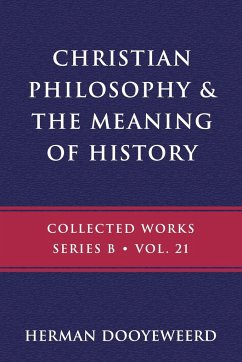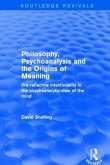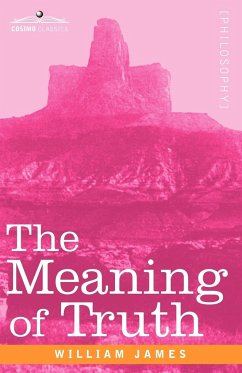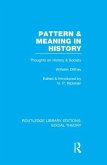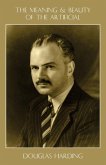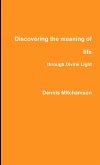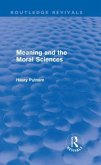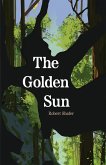Dooyeweerd shows how tragic it is that humanism managed to acquire its historical power to shape scientific development partly thanks to a centuries-long attempt at accommodation and synthesis on the part of Christian thought itself. The all-pervasive import of a radical biblical starting-point in science and scholarship finds an ample expression in the final statement of this last essay of this volume: "All Christians who in their scientific work are ashamed of the Name of Christ Jesus, because they desire honor among people, will be totally useless in the mighty struggle to recapture science, one of the great powers of Western culture, for the Kingdom of God. This struggle is not hopeless, however, so long as it is waged in the full armour of faith in Him who has said, 'All authority in heaven and on earth has been given to Me,' and again, 'Take heart! I have overcome the world.'"
Hinweis: Dieser Artikel kann nur an eine deutsche Lieferadresse ausgeliefert werden.
Hinweis: Dieser Artikel kann nur an eine deutsche Lieferadresse ausgeliefert werden.

